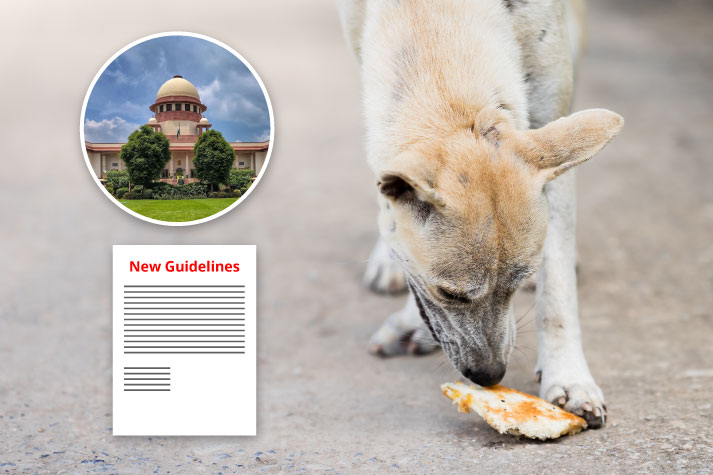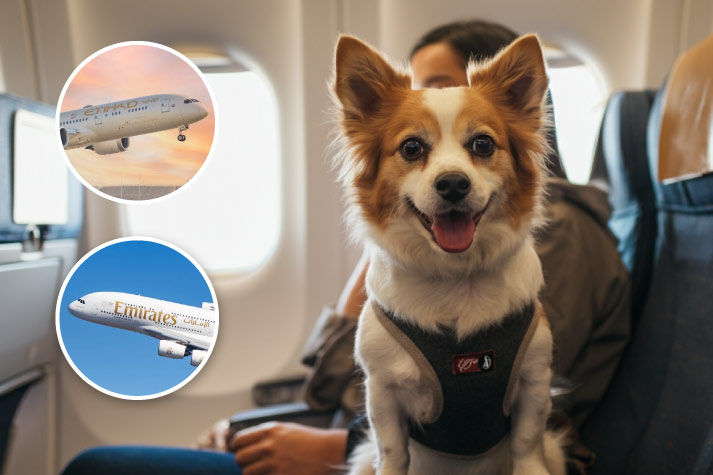
22 Aug
New Supreme Court guidelines on stray dogs feeding
The Supreme Court of India has issued new directives on feeding stray dogs across the country, balancing the concerns for public safety with the need for humane treatment of animals. The Court has made it clear that feeding stray dogs in public areas will no longer be allowed. Instead, local municipalities have been asked to create designated feeding zones within each ward where the animals can be provided food in a controlled manner.
This ruling modifies the earlier order that had temporarily led to the sheltering of large numbers of dogs in Delhi and the National Capital Region. Now, as per the revised guidelines, stray dogs must be caught, sterilized, vaccinated and then released back into the same locality from where they were taken. This step ensures maintaining the natural balance of the stray dog population while preventing unchecked growth. However, dogs which are found to be aggressive or suffering from rabies can be kept in shelters instead of being released.
Some of the key takeaways from the new directive are:
The local municipalities are asked to create feeding areas in municipal wards and manage these feeding zones, making sure they are safe, hygienic, and clearly marked. The aim is to prevent conflicts that often arise when feeding takes place in crowded public areas such as markets, streets, and residential colonies. The Court has made it clear that feeding stray dogs is not permitted under any condition. If violated, they will be prosecuted under law.
This order is not limited to Delhi and the National Capital Region; it expands the scope across India. The Supreme Court has issued notices to all chief secretaries. Animal welfare organizations and municipal authorities have been directed to work closely together in implementing sterilization and vaccination drives, which form a core part of the plan.
The new guidelines also modify the earlier order which restricted dogs from being released back on the streets. Now, the larger bench has directed the release of the dogs to the same area after sterilization and vaccination. However, the dogs with aggressive behaviour or suffering from rabies can be kept in the shelters to prevent public discomfort.
The Court has ordered that no individual or organisation can obstruct officers in the discharge of their duties. If the animal lovers wish to adopt the dogs, they can submit their applications, and then it will be the responsibility of that person to ensure the dogs are not returned to the streets, said the Supreme court.
The new guidelines represent a calibrated approach that seeks to address a longstanding issue in India’s cities. While public feeding is now restricted, the Court has underlined that compassion for stray animals must continue within the framework of organized care. The order is expected to shape how urban India manages its large stray dog population in the months to come.





AUTHOR’S BIO
Carry My Pet
Passionate pet enthusiasts and globetrotters, dedicated to easing furry friends' journeys worldwide. Penning tales of compassion at CarryMyPet, where every relocation is a tail-wagging adventure.